Public locked out of council meetings, reports suppressed hundreds of times
Councils locked residents out of public meetings and hid documents from ratepayers’ prying eyes hundreds of times in a year.
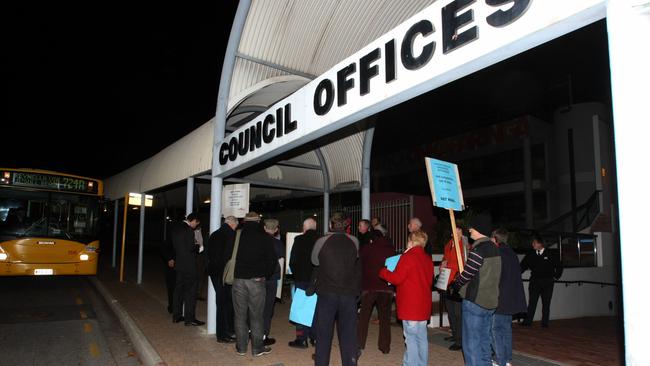
SA News
Don't miss out on the headlines from SA News. Followed categories will be added to My News.
- Free society; freedoms matter
- Caleb Bond explains why we need to know
- Burnside doubles down on secrecy
- Council marks itself on secrecy — “must do better”
Councils locked residents out of public meetings and hid documents from ratepayers’ prying eyes hundreds of times in a year.
And some secretive councils use the law that allows secrecy so often, they have been accused of using it to avoid embarrassing headlines.
Council reports for 2017/18 show they locked the public out of 555 meetings in 12 months and documents from those meetings were kept secret on 328 occasions.
Section 90 of the Local Government Act 1999 allows councils to have secret debates for commercially sensitive matters, such as when tenders are considered or the reputations of individuals could be damaged.
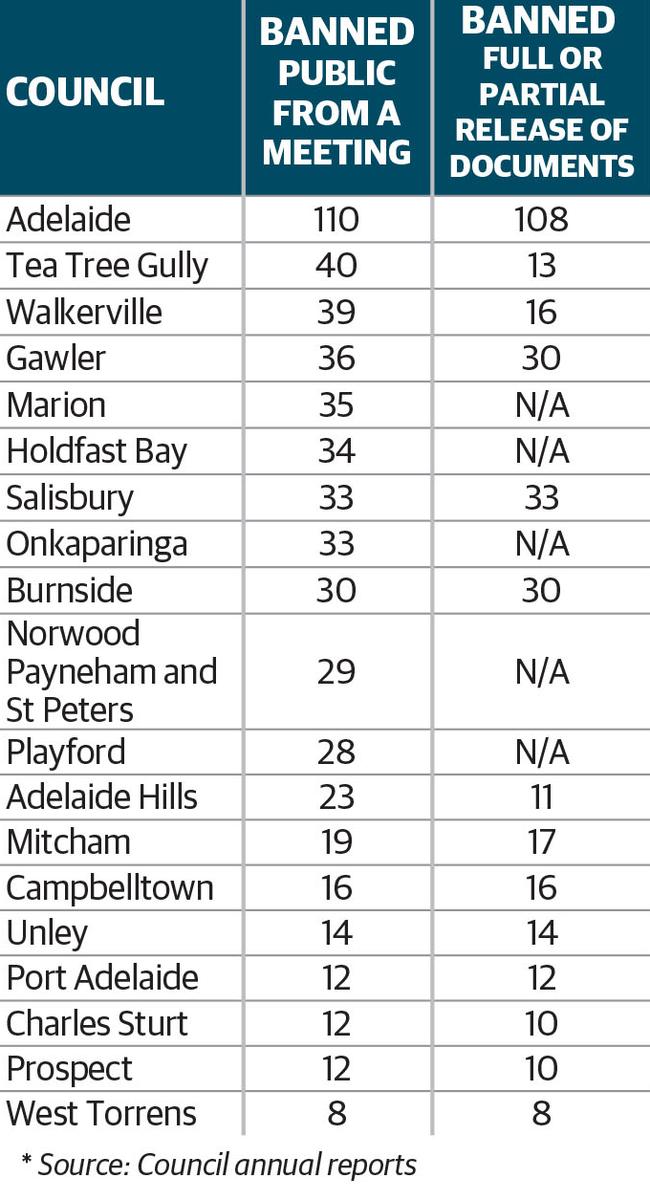
But councils are not allowed to use the fear of embarrassment or loss of confidence in the council, councillors or staff to shut out ratepayers.
Minister for Local Government Stephan Knoll said the issue of secret meetings would be on the agenda for a sweeping review of the Local Government Act to be carried out this year which aims to cut costs and red tape as well as limit secrecy.
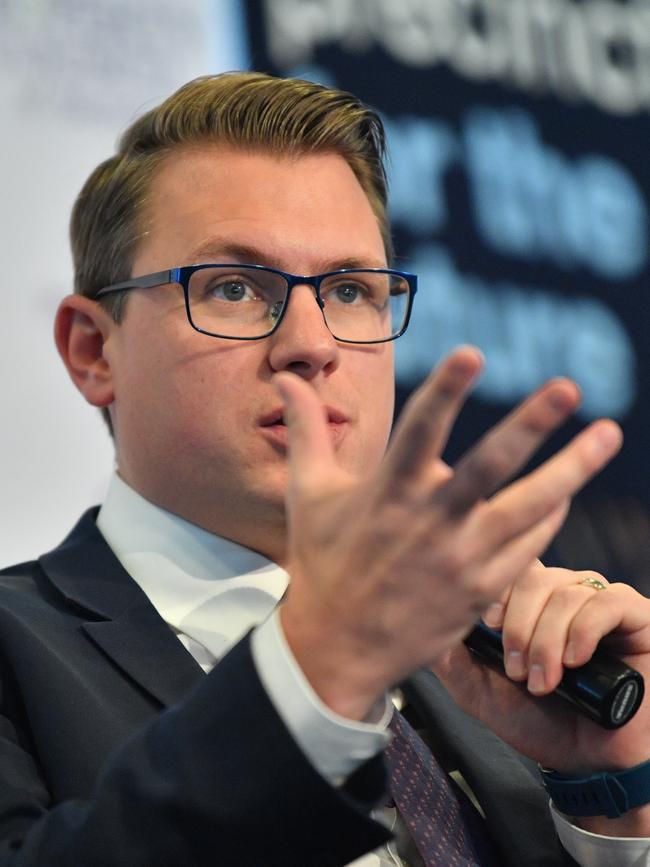
“Ratepayers in South Australia want to see accountability when it comes to those making decisions for them and we need to make sure this happens,’’ he said.
West Torrens Council used the secrecy provision the least, only eight times, despite being the 8th largest council in Adelaide.
Former West Torrens Mayor John Trainer, who retired at the 2018 council election, said the figure reflected a daily battle to keep the council as open as possible and think hard about every secrecy decision before taking the action.
Mr Trainer, who was mayor for 18 years, would not criticise any individual councils but said there was misuse of the secrecy provision.
“Ours was a constant effort, and we only did it when it was inescapable like keeping secret the price on buying and selling land,’’ he said.
“It should never be used to prevent embarrassing headlines and I suspect some are finding this temptation irresistible.’’
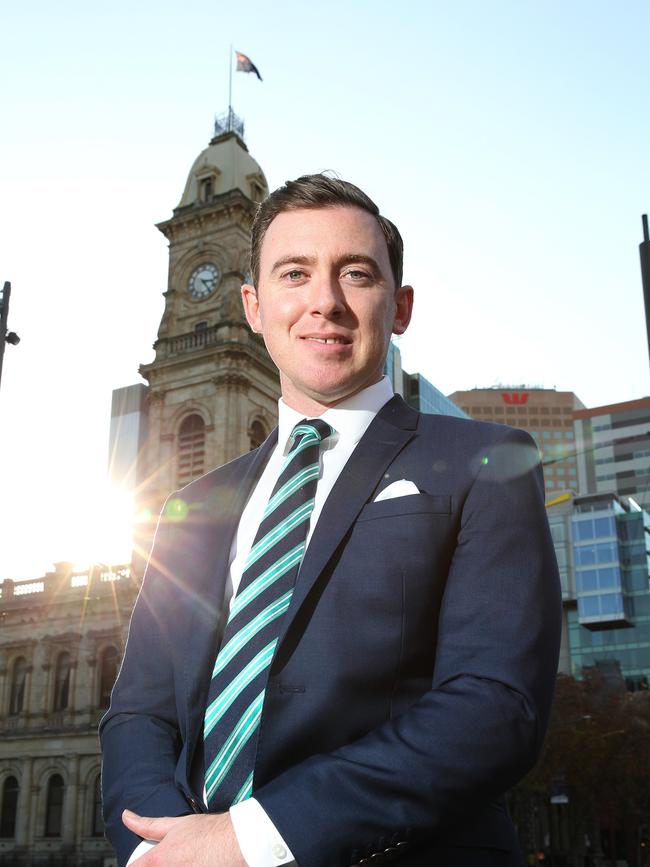
Property Council director Daniel Gannon said: “This is straight out of the ‘secret state’ playbook when it comes to transparency’’.
He criticised one commonly used tactic by councils to hide debates about executive salaries of up to $450,000 per year.
“A reasonable person can appreciate that privacy in property transactions is a legitimate use of the Act, but not when it applies to non-property matters like chief executive salaries,’’ Mr Gannon said.
Tea Tree Gully chief executive John Moyle said while the council reported on 40 confidentiality orders in its 2017/18 annual report, it other councils were recording when multiple orders were made in different meetings for the same matter.
He said the council had in fact only kept 26 items confidential, out of debates over 500 resolutions in total during the year.
“Many of our confidentiality orders are related to land or commercial transactions and legal matters considered by Council, mostly market driven,’’ Mr Moyle said.
A spokeswoman for Holdfast Bay council said many of its secrecy orders related to the council-owned Alwyndor Aged Care Facility, because commercial information needed to be protected.
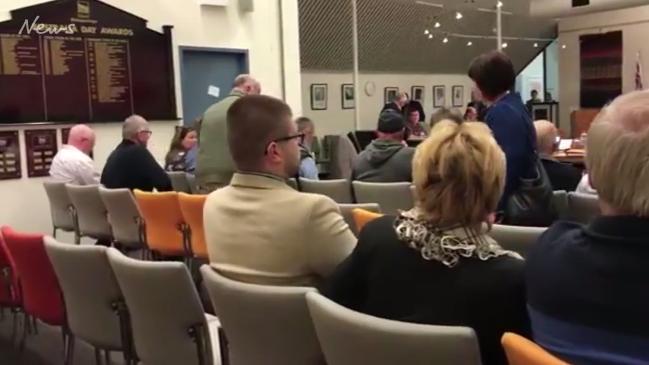
The Ombudsman’s office has in the past been critical of the use of secrecy provisions and Ombudsman Wayne Lines said yesterday: “I can say that the misuse of the confidentiality provisions does arise occasionally in complaints received by my office but is not a significant problem’’.
A scathing report by the Ombudsman’s office in 2012 found that 12 audited councils were annually using the debate lockout law on average 29 times each, the same as the current average for Adelaide councils in 2017/18.
LGA President Sam Telfer denied councils used the secrecy provisions to avoid bad publicity.
Mr Telfer is also mayor of Tumby Bay, which used its secrecy clause 16 times in 2017/18.
“The vast majority of items considered by councils are discussed and debated in public meetings that are open to the community, but a small percentage of items need to be considered in confidence,’’ he said.
Marion Mayor Kris Hanna said the figures could be viewed in different ways.
“Sheer numbers do not tell the whole story, as they could mean excessive secrecy or they could mean a lot of exciting developments,’’ he said.
Burnside Mayor Anne Monceaux, who was a councillor before being elected as Mayor last November on a reform ticket, said she had challenged some “secrecy mode” decisions as a councillor.
“One about the CEO’s salary comes to mind, an enterprise bargaining process with staff, but also a major water project we are involved in which the ratepayers have a right to know about because it is costing a lot of money,’’ she said.
The biggest overall user of the provision is the Adelaide City Council because of the large number of development proposals and business deals which are hidden to protect the finances of businesses.
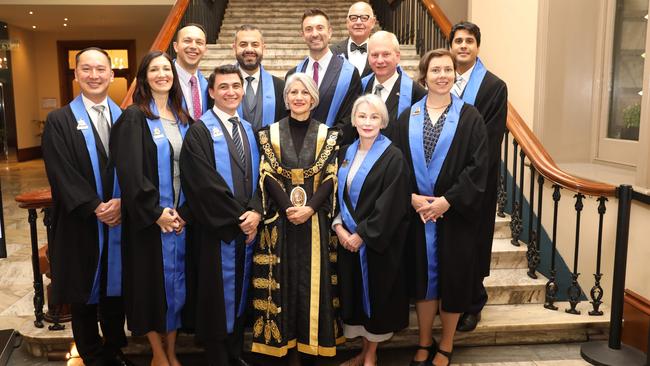
Adelaide City Council kept 110 debates behind closed doors and kept 108 sets of documents secret.
Council chief executive Mark Goldstone said the council went beyond the requirements of the Act to regularly review all confidential items to determine when they could be released and published on the website.
“The City of Adelaide can also be required to keep some items ‘cabinet in confidence’ from dealings with the State Government,’’ he said.


